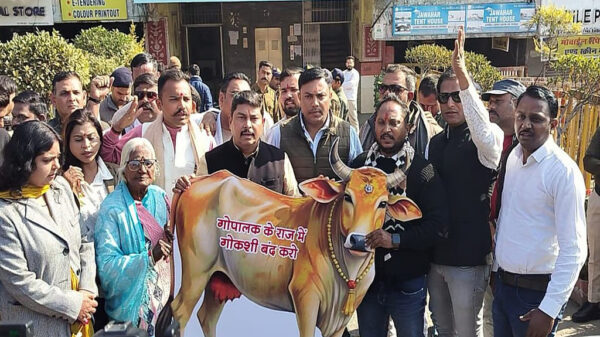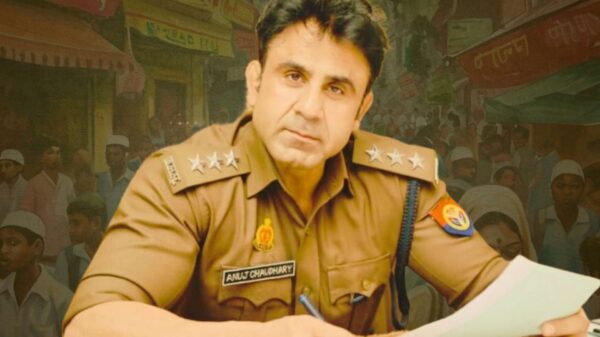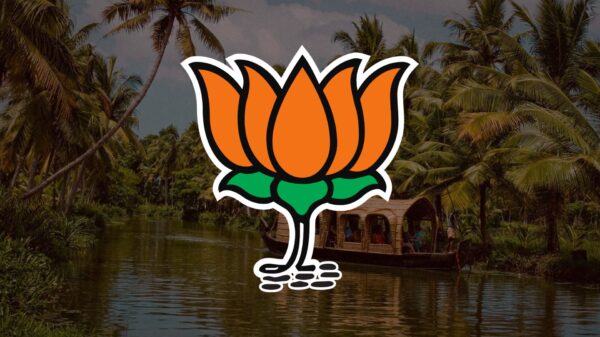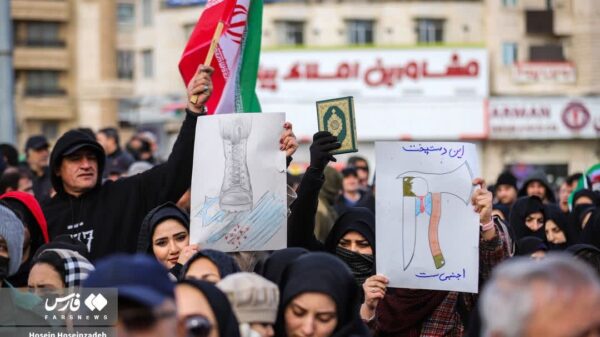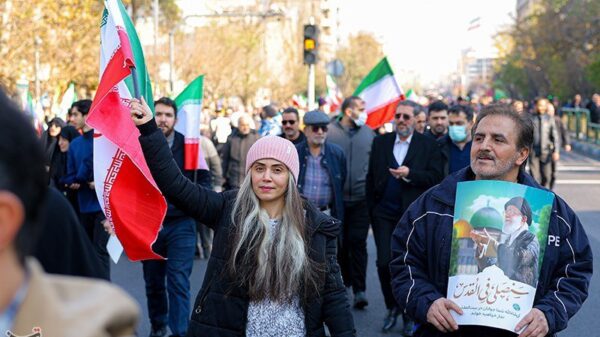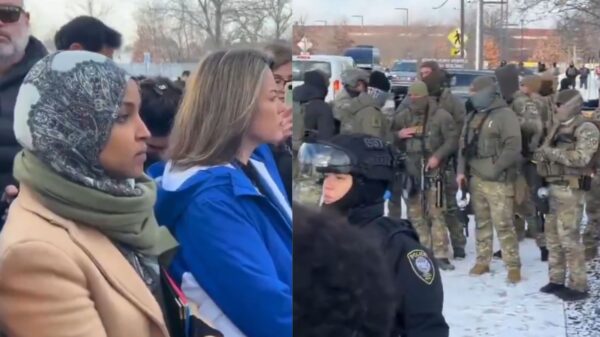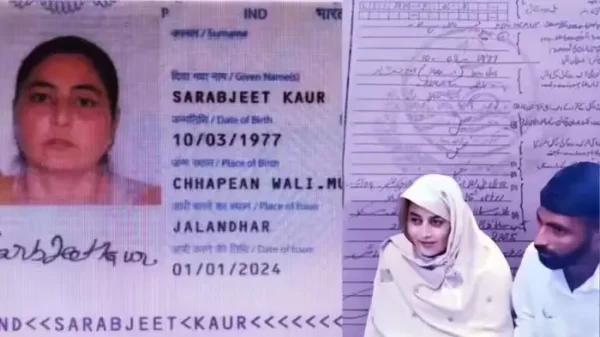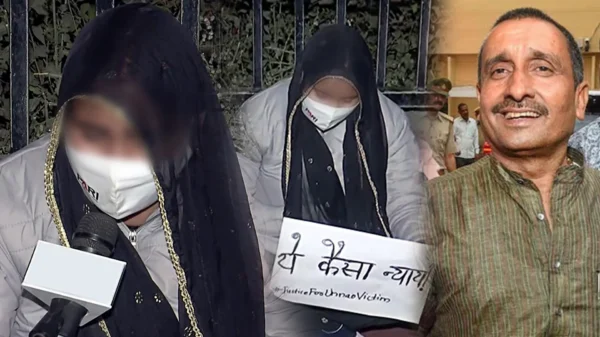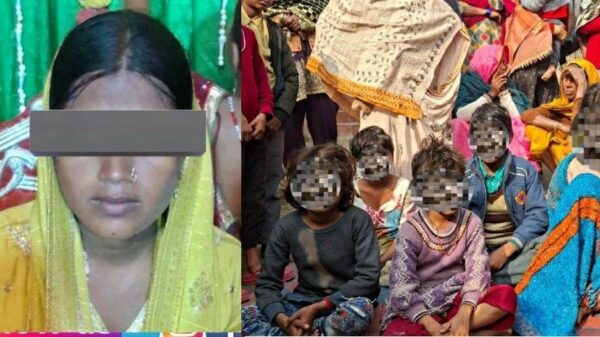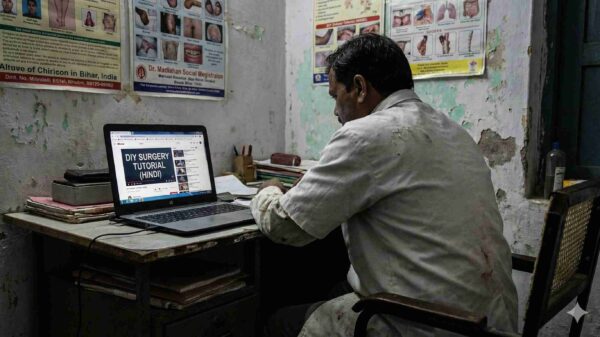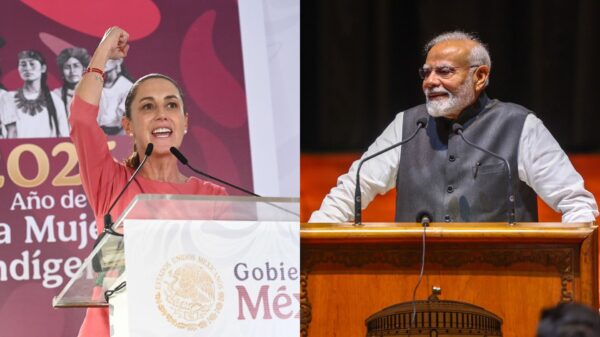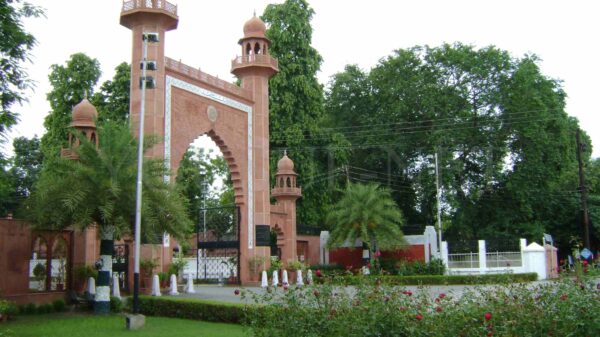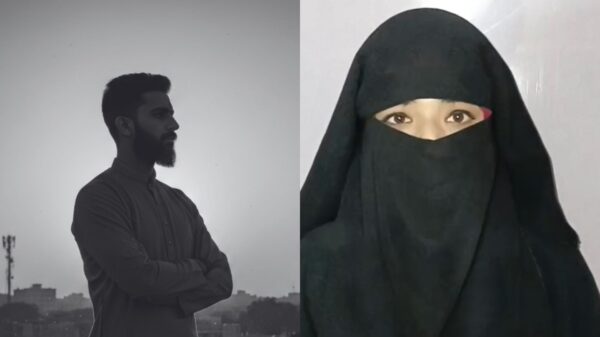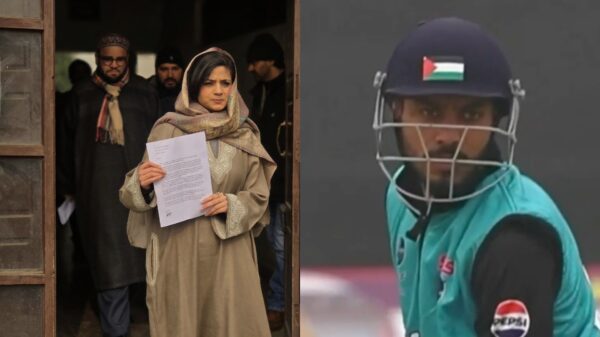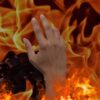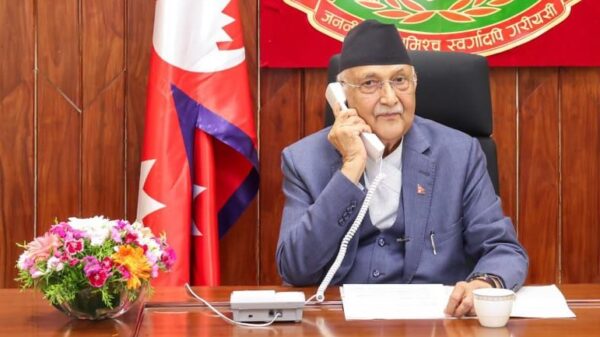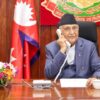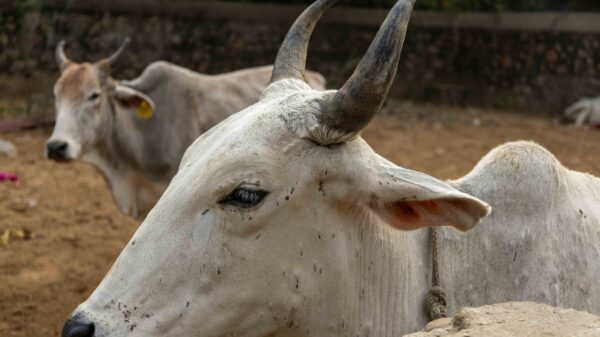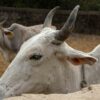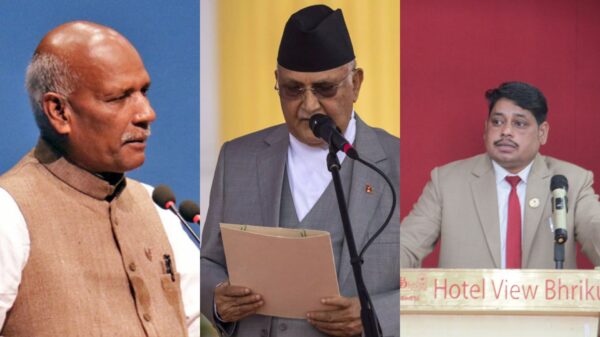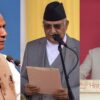At least 14 people were killed and dozens injured in Nepal on Monday after violent protests erupted in Kathmandu and other parts of the country against the government’s decision to ban major social media platforms. The unrest forced the authorities to impose curfews and call in the army to control the situation.
Nepal’s Home Minister Ramesh Lekhak resigned amid the crisis.
Thousands of young people, including students, rallied under the banner of “Gen Z” outside the Parliament, demanding an immediate rollback of the ban. The demonstration turned violent when some protesters stormed the Parliament complex, prompting police to fire tear gas, rubber bullets, and use batons.
According to hospital sources cited by local media, 14 people died during the clashes in Kathmandu. The casualties were reported from several hospitals, including Trauma Centre, Civil Hospital, Everest Hospital, Kathmandu Medical College, and Tribhuvan University Teaching Hospital. A police spokesperson confirmed that at least 42 people, including two security personnel, were injured.
Hospitals across Kathmandu are struggling to manage the high number of patients, with some referring victims to other facilities.
Following the violence, the Kathmandu District Administration imposed a curfew in areas around Parliament, later extending it to the President’s residence, the Vice President’s residence, and the Prime Minister’s Office. “No movement of people, demonstration, meeting, gathering or sit-in will be allowed in the restricted zone,” Chief District Officer Chhabi Lal Rijal announced.
The protests were triggered by the government’s decision last Thursday to ban 26 social media platforms, including Facebook, Instagram, WhatsApp, X (formerly Twitter), and YouTube. Officials argued that the platforms failed to register with the Ministry of Communication and Information Technology within the deadline.
Prime Minister K P Sharma Oli defended the move, saying, “We are not against social media, but what cannot be accepted is those doing business in Nepal, making money, and yet not complying with the law.” He dismissed critics of the ban as “puppets who only oppose for the sake of opposing.”
Many Nepalese, however, fear the ban is an attack on free speech. Journalists staged a protest in Kathmandu on Sunday, while the Computer Association of Nepal (CAN) warned the decision would hurt education, business, and communication. “This move of the government also poses the risk of Nepal falling behind the world digitally,” said CAN president Sunaina Ghimire, calling for dialogue with stakeholders.
Meanwhile, a social media campaign called “Nepo Kid” has gained traction, with young people accusing the children of politicians and elites of living off money earned through corruption. Protesters say the government is targeting ordinary citizens while ignoring deep-rooted privilege and inequality.






